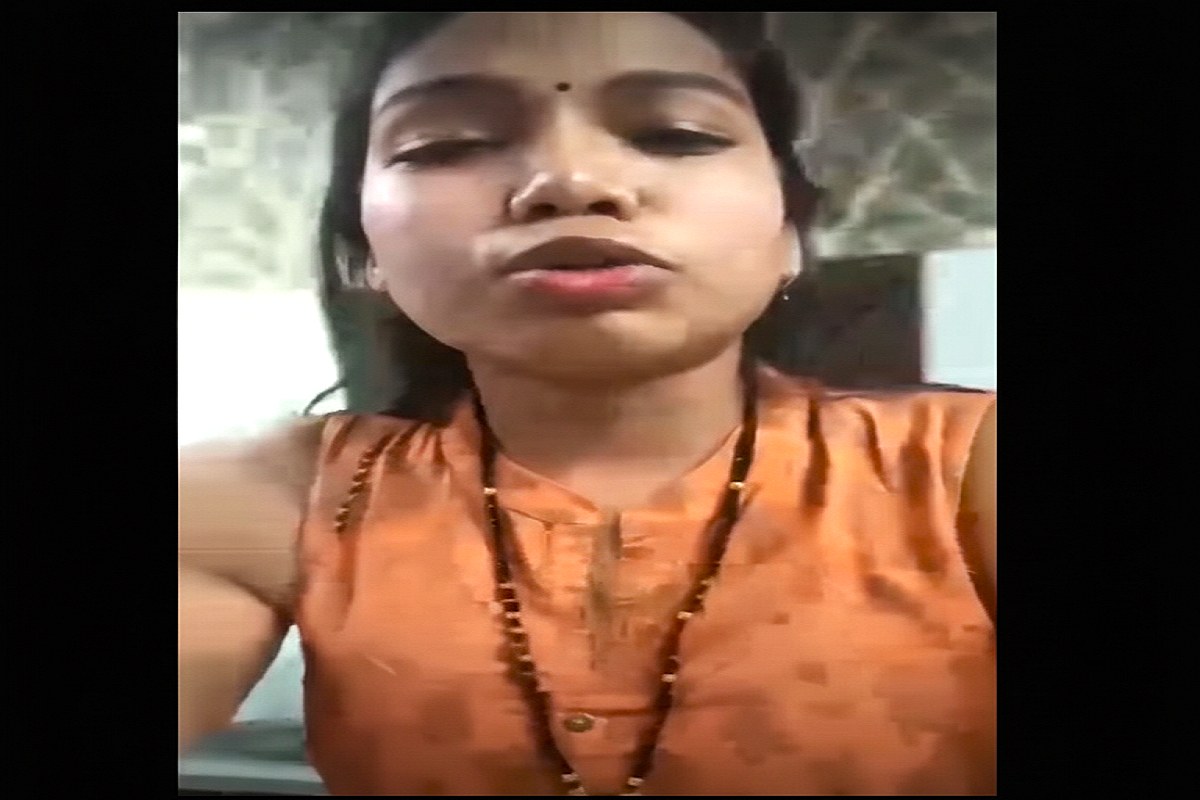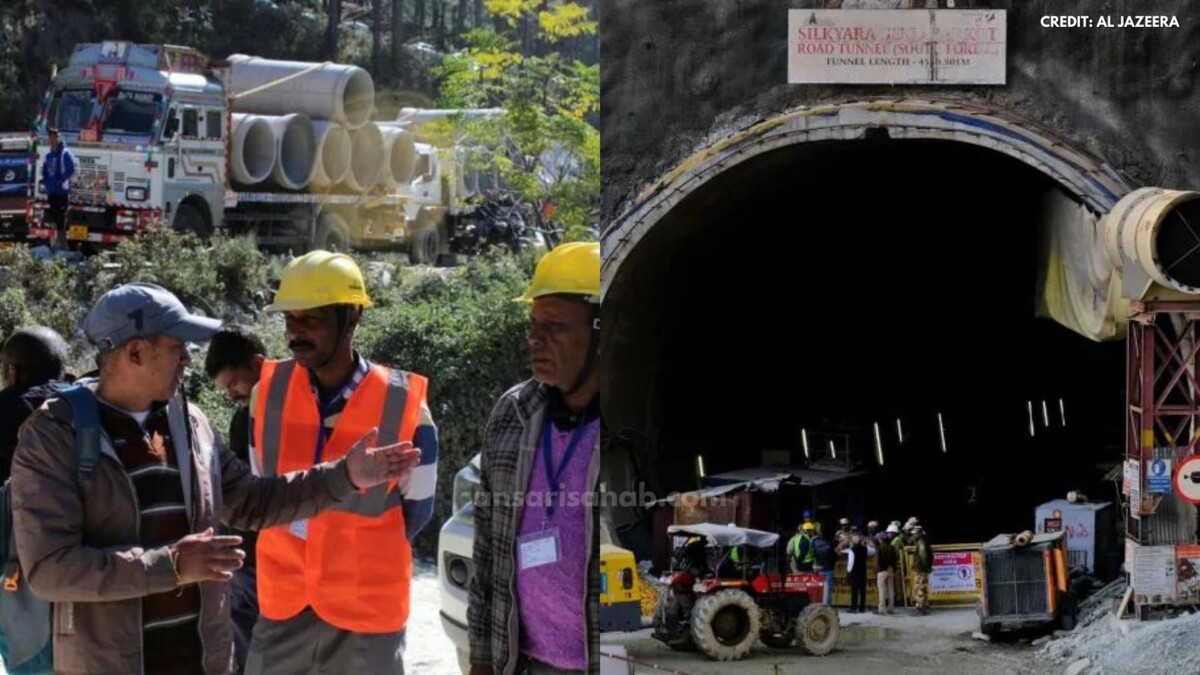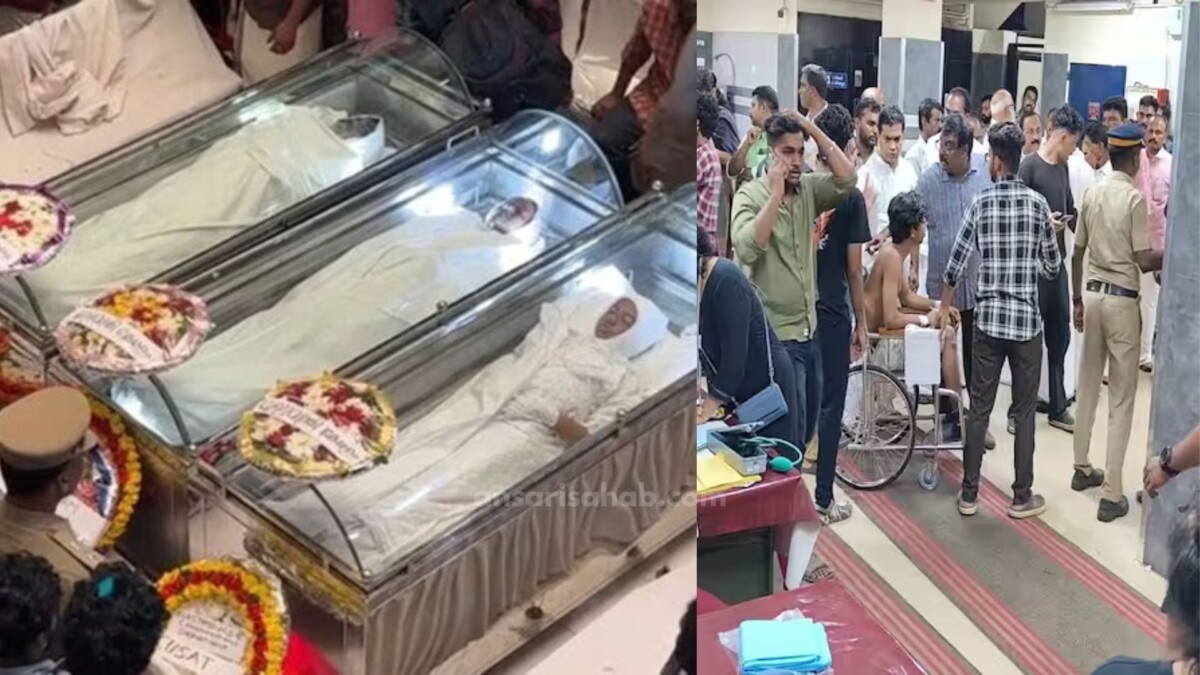RAIPUR, Chhattisgarh — A 22-year-old woman died by suicide nearly ten months after her wedding, naming her husband and in-laws in a video message. The case of the Chhattisgarh woman suicide has prompted authorities in Raipur to launch a detailed investigation into alleged harassment and possible abetment.
Tragic Details of the Incident
According to police officials, the deceased, identified as Manisha Goswami of Raipur district, recorded a short video message shortly before her death in which she accused her husband, Ashutosh Goswami, his brother and her parents-in-law of constant physical and mental harassment. She stated she had “no option left” and was “tired of life” after facing years of torment.
Sources say Manisha and Ashutosh married in January this year. She claimed in her video that she “was not happy even for ten days” during the marriage, citing repeated assaults and harassment from her in-laws including dowry demands and being blamed for minor faults.
The body was found at the couple’s residence shortly after the video message surfaced. The father of the deceased woman has registered a complaint at DD Nagar police station, demanding a fair probe. Post-mortem and digital forensics of the mobile phone are underway, with investigators gathering statements from family members and neighbours.
Family Background and Allegations
Manisha was the eldest daughter of her family, her father the only bread-winner, she said in her message. She alleged being beaten without reason by her husband and claims that her mother-in-law sided with him. Besides physical abuse, she spoke about “constant mental torture” and a sense of being trapped.
In their complaint, her father has accused the husband’s family of dowry harassment and demanded action under Section 306 (abetment of suicide) and Section 498A (dowry harassment) of the Indian Penal Code. Police have reserved the final classification of the case until forensic evidence is compiled. The mobile phone will be scrutinised to establish timeline and contacts.
Investigation Underway and Legal Implications
The Raipur police have formally registered an FIR based on the father’s complaint. Senior officials are overseeing the probe given the serious nature of the accusations, including potential dowry harassment and abetment of suicide.
Experts note that cases of young women ending their lives within a short time of marriage due to in-law harassment have raised systemic concerns in India. In Chhattisgarh, local NGOs are calling for improved monitoring of married women’s welfare and faster counselling interventions. The law holds that if harassment leads a woman to suicide, the in-laws or husband can be charged with abetment under IPC.
What It Means for Society and Families
The case of the Chhattisgarh woman suicide highlights persistent issues of domestic harassment, dowry pressure and early marital breakdowns affecting young women in India. For families and local communities, the incident underscores the importance of realistic expectations, open communication and mental-health support for newly-weds.
Legal analysts argue that early intervention—such as helpline access, conflict-resolution counselling and awareness of legal rights—can be crucial. For state authorities, this incident adds to the call for strengthened regulatory tracking of young marriages, immediate response to harassment complaints and improved public-awareness campaigns around domestic abuse.
Frequently Asked Questions
1. What triggered the Chhattisgarh woman suicide?
The 22-year-old woman recorded a video before her death accusing her husband and in-laws of repeated physical and mental abuse, including over dowry, and said she had “no option left.”
2. What legal charges are being considered?
Authorities in Raipur are investigating potential charges under Section 306 (abetment of suicide) and Section 498A (dowry harassment) of the Indian Penal Code, based on the complaint filed by the woman’s father.
3. What can families and communities learn from this case?
The case reinforces the need for early counselling, timely response to harassment complaints, awareness of rights under domestic-violence law, and support systems for young women experiencing marital distress.









